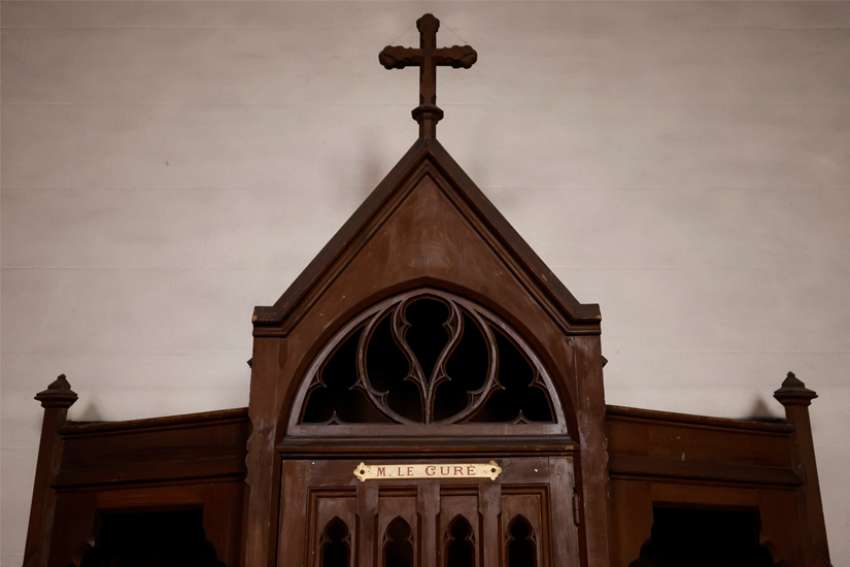“We must move on from mourning to a renewed determination and conviction to act,” the archbishop, adjunct secretary of the Congregation for the Doctrine of the Faith and the Vatican’s top investigator of abuse cases, told Vatican News Oct. 7.
“We must understand that the victims — who have suffered abuse, humiliation, then even the trauma of an institutional cover-up — are part of us,” he said. “Therefore, we must act in a more determined and positive way.”
The report, released Oct. 5 by the 21-member Independent Commission on Sexual Abuse in the Catholic Church in France, estimated that 330,000 children in France had been abused by priests or other Church employees since the 1950s.
Shock, shame and sorrow are appropriate initial reactions, Scicluna said, but obviously more must be done.
The first step is strengthening education, he said. Families, young people, candidates for the priesthood and priests themselves must be trained “to identify dangerous situations, to identify people who might abuse someone. I repeat, in this area training is essential.”
“Then we need the determination to react clearly when faced with a report of abuse. We must be convinced that we must never cover up a complaint made in good faith, but follow it up, because we now have the appropriate legislative tools” in Church law, he said.
While Scicluna said people cannot ignore how much the Church has done to update its laws and procedures to protect children and vulnerable adults, to hold to account abusers and their superiors, a greater commitment is needed to put them into practice.
Vatican News noted that Jean-Marc Sauvé, who led the French investigation, “expressed the hope that from now on, in cases of abuse, canonical practice will make possible fairer trials and that the victims will be informed about the progress of the trials themselves.”
Scicluna said he has made a similar suggestion, and “I also recently received an invitation to participate in a seminar organized by the Pontifical Commission for the Protection of Minors, dedicated precisely to the rights of victims in canonical processes, to a comparative study in order to understand exactly how they act in other civil jurisdictions and to be able to suggest useful practices in canon law.”


